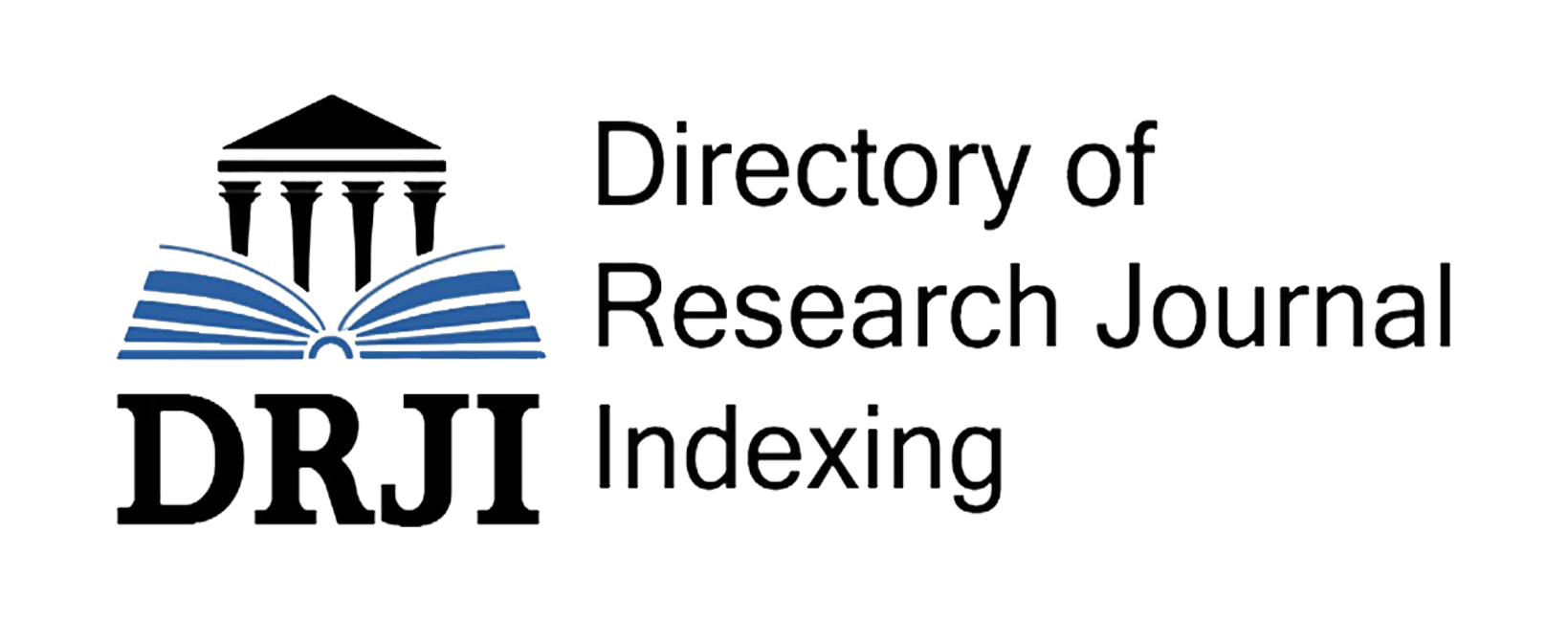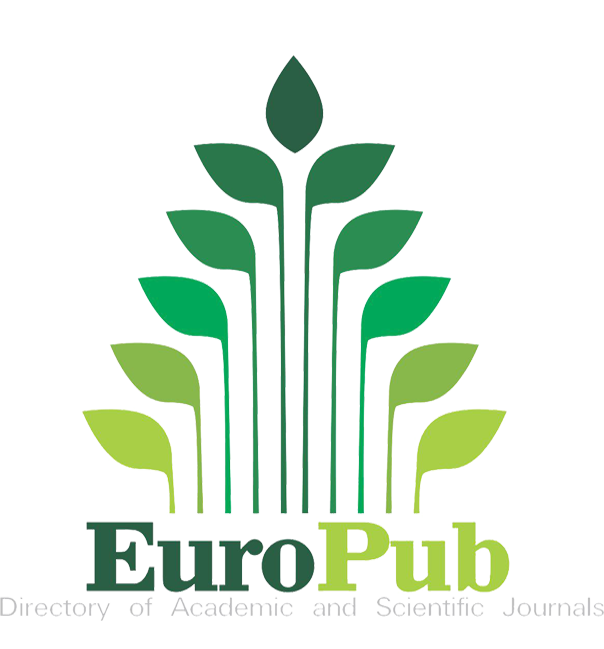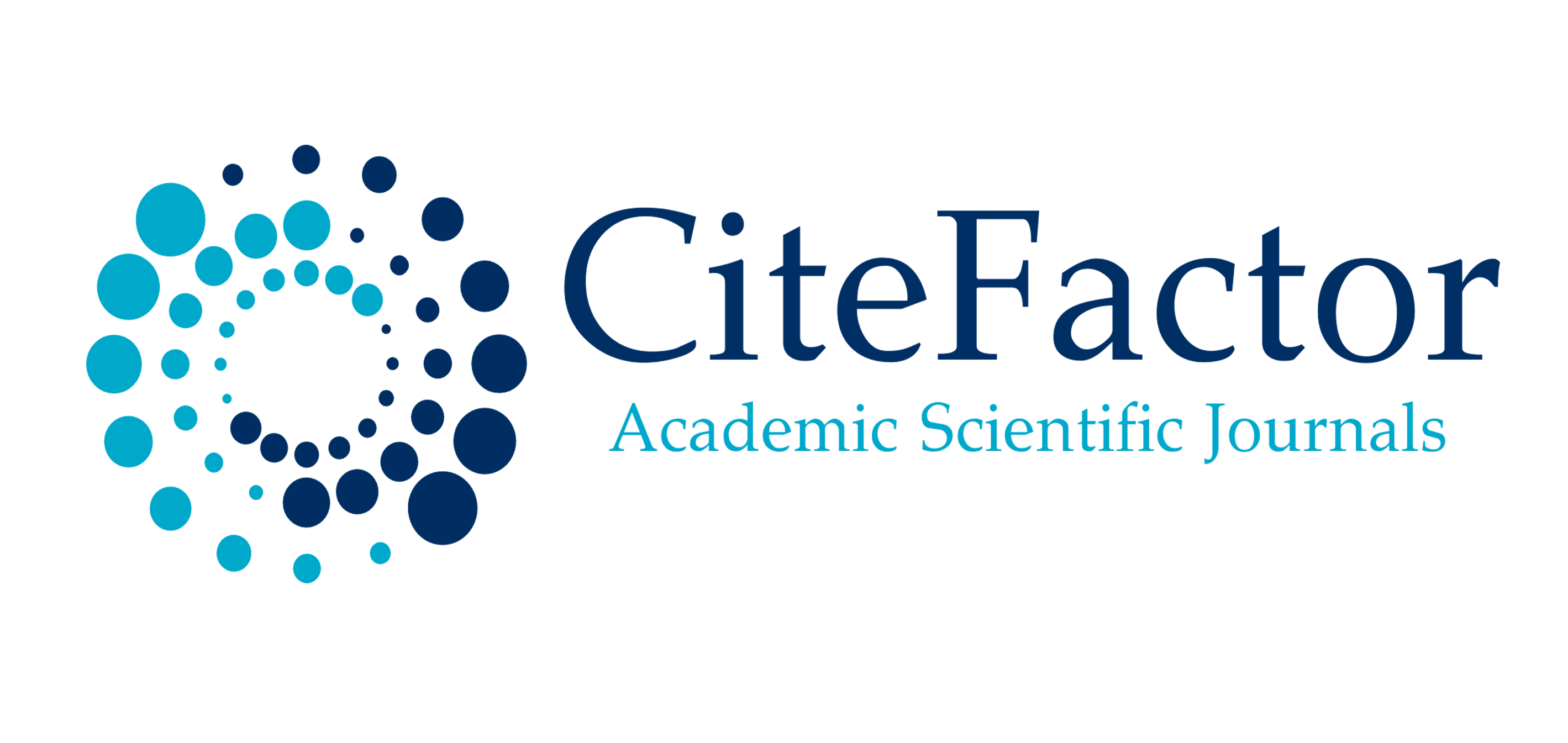GLOBAL SKILLS DEVELOPMENT IN ELT DIGITAL LITERACY CONTEXT
Keywords:
social practice, digital literacy, critical observing, critical thinking, technologyAbstract
Learners must acquire a variety of abilities in order to become digitally literate. They must be able to find and produce content using technology, as well as use it to solve issues and innovate. They must be able to successfully connect and interact online, study, work with others, and find and share new knowledge.
References
Ananiadou, K. & Claro, M. (2009). 21st Century Skills and Competencies for New Millennium Learners in OECD Countries. OECD Working Paper 41. Paris: OECD Publishing.
Anderson, K. & Education Policy Institute (2017). Educating for Our Economic Future. London: Education Policy Institute and Pearson.
Andreotti, V. (2012). Actionable Postcolonial Theory in Education. New York: Palgrave.
Beck, U. (2000). What is Globalisation. Cambridge: Polity Press.
Boahin, P. &Hofman, A. (2013). A Disciplinary Perspective of Competency-Based Training on the Acquisition of Employability Skills. Journal of Vocational Education and Training.
Bourn, D. (2015). The Theory and Practice of Development Education. Abingdon: Routledge. — (2018). Understanding Global Skills for 21st Century Professions. London: Palgrave.
Bourn, D. &Kybird, M. (2012). Plan UK and Development Education. International Journal of Development Education and Global Learning
Bryan, A. & Bracken, M. (2011). Learning to Read the World? Dublin: Irish Aid. CEDEFOP (2008). Skill Needs in Europe Focus on 2020
Cedefop Panorama Series. Luxembourg: Office for Official Publications of the European Communities.
CFE (2014). Research and Analysis of the Benefits of International Education Opportunities. Leicester: CFE ResearchfortheBritishCouncil.









